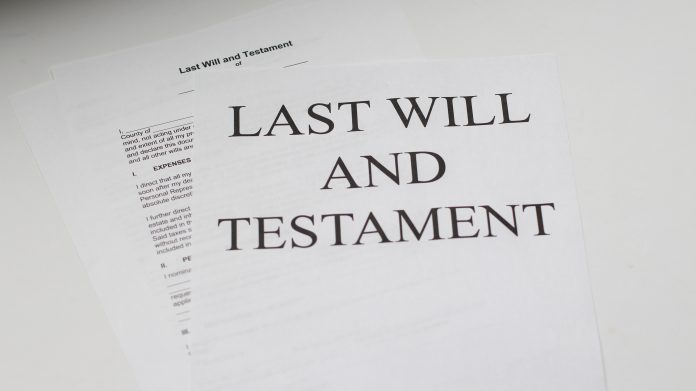The thought of death, illnesses, injuries, among other uncertainties in life are uncherished impressions that we are prone to whisk away. This could be among the reasons why, according to statistics published by various reputable entities, more than 50% of small business owners lack succession plans. The struggles encountered while upscaling small enterprises to different levels of success impact entrepreneurs incredibly. Such efforts not only contribute significantly to their present-day happiness but also constitute a better part of memories to be reflected upon in the future.
With the strong emotional bonds between a small enterprise owner and his or her entity, estate planning is, therefore, a certainty that can be difficult to execute or discuss. A few essential tips that will help any small business owner take the bold step of planning the future success of his/her business and those of their heirs include:
Have a will
A will is a fundamental document that dictates how a businesses owner’s assets will be distributed upon his or her death. This crucial document can extend to naming entities responsible for running the business upon the unfortunate demise of the owner.
Lack of a will that clearly outlines how a business is to be managed upon the owner’s death is likely to rock business operations. This is especially the case if the potential successors bear conflicting interests in the affected enterprise.
Implement various estate planning tools
Multiple tools can proficiently serve as an estate planning guide for small business, depending on the size of the venture. These implements ensure a seamless flow of business activities in the owner’s absence, outline a smooth transition of business roles to the heirs, and ultimately secures the business entity for future generations.
The two most essential tools in estate planning include a business continuity plan and a business succession plan so the company will live on. The former indicates how business operations will run upon the owner’s or a partner’s death. For a business continuity plan to be successfully implemented, it must be coupled up with other organized, supportive documents such as insurance policies and financial statements.
On a different note, a business succession plan entails a carefully analyzed decision on who will inherit the property and operations of a business upon the owner’s disability, retirement, serious illness or death. This particular implement can go hand in hand with the Lasting Powers of an Attorney (LPA) which executes a business owner’s wishes as documented in the event of disability or death.
Other essential estate planning tools include cross-option agreements, unified credit trust, revocable living trust, and an irrevocable life insurance trust. All these depend on the size of the business.
Discuss and consult with the affected parties throughout the estate planning process
Conflicts can arise at the implementation stage of different estate planning tools, especially if the business owner didn’t disclose what’s at stake with his/her heirs. To avoid conflicts between the affected parties, especially family members, a small enterprise owner should keep them updated with every step taken throughout the estate planning process. The discussions don’t have to reveal the specific value of assets, especially to young children. The essential bit is understanding what will take place pertaining the business in the event of an unfortunate happening to the owner.
Find a Home-Based Business to Start-Up >>> Hundreds of Business Listings.

















































